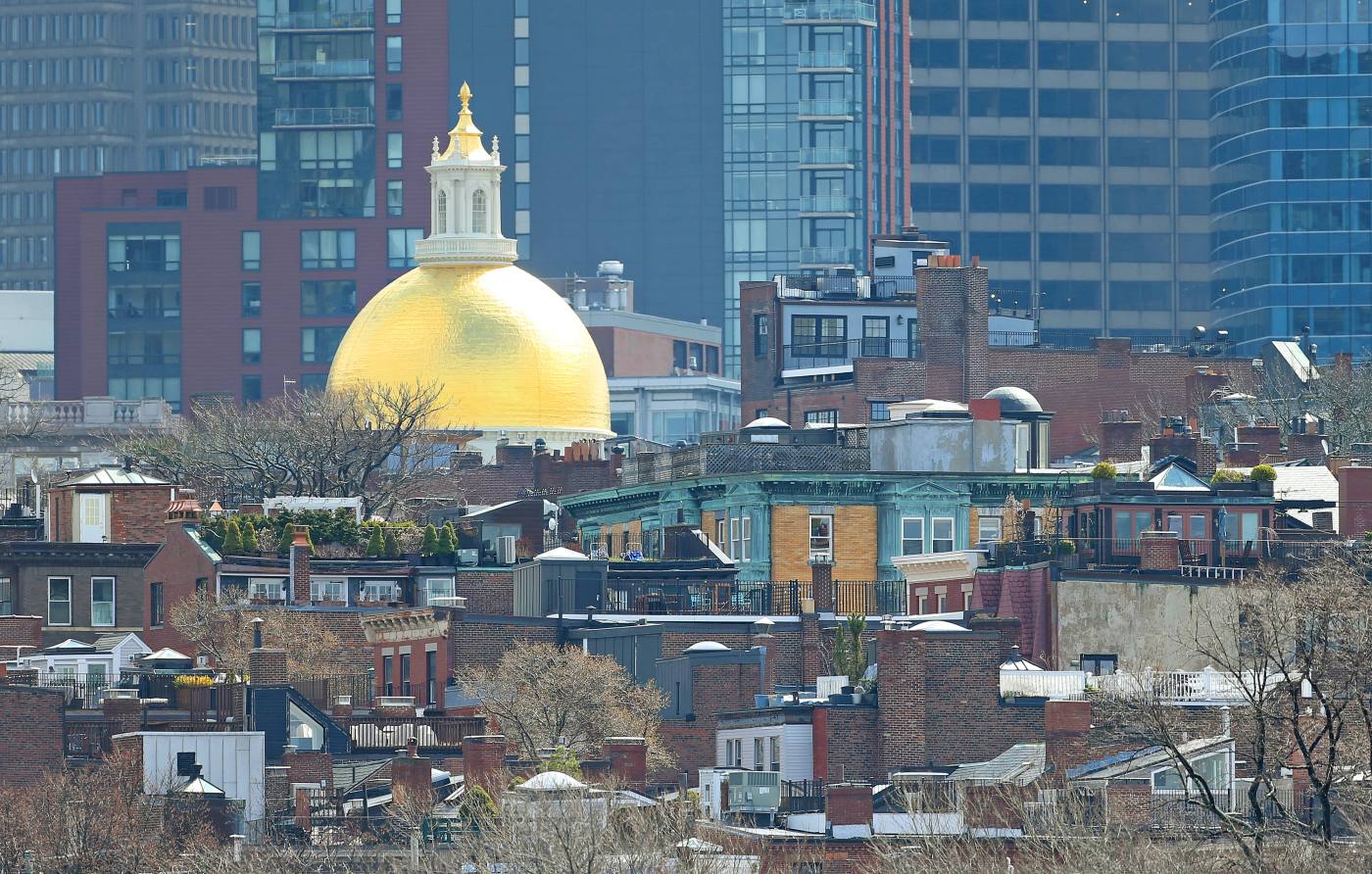
Editorial: Tax revenue dips as Mass. residents move
Massachusetts is famous for its world-renowned hospitals, universities, beautiful shoreline — and exorbitant taxes.
Fed-up taxpayers have been voting with their feet, leaving the state for less-pricey climes. But what’s ahead for those who stay?
As the Herald reported, national watchdog group The Tax Foundation boosted the Bay State’s taxation standing from 46th last year to 41st this year in its 2025 State Tax Competitiveness Index, a ranking that compares state tax systems.
That’s not much to brag about.
“Overly burdensome individual income taxes, property taxes, and UI taxes” have left Massachusetts remaining in the bottom 10 in the entire nation for competitiveness, the report’s authors wrote.
They also slammed Massachusetts voters for approving the Fair Share Amendment, or the so-called “millionaire’s tax,” in the November 2022 election — incomes over $1 million are taxed an extra 4%.
The amendment “(dismantled) the state’s formerly competitive flat income tax … making Massachusetts less attractive for productive households and businesses,” the report states.
It has been good for moving companies, as the Pioneer Institute’s research of Internal Revenue Service data found Massachusetts the fourth worst state in the country when it comes to out-migration, behind only California, New York and Illinois.
“Net out-migration has nearly quintupled and the largest spike in departures occurred in 2020 and 2021, as remote work took hold and most other states were cutting taxes,” Pioneer Executive Director Jim Stergios said.
Pioneer’s research showed that $4.3 billion of wealth pulled up stakes in 2021, and those making over $200,000 per year account for 60% of lost wealth due to out-migration.
The “pay your fair share” folks may say good riddance to ex-Bay Staters fed up with being fleeced, but those who remain will feel the fallout of revenue heading for the exits.
Gov. Maura Healey’s fiscal 2025 budget is partly supported by $1.3 billion in revenue generated from the millionaire’s tax.
That revenue is being used to cover tuition-free community college, free RTA rides, the costs of providing universal free school meals in K-12 schools, enhanced minimum aid funding to local schools, additional financial aid for Massachusetts public college and university students, local road and bridge funding, and more.
What happens when that revenue drops, as it is doing when wealthier residents leave the state?
Once you offer free rides and meals and tuition, it’s political poison to take them back. As revenue dips, who will pick up the slack?
To say nothing of the $1 billion the state has spent so far on funding the migrant influx.
Money is going out while less is coming in. You don’t have to win the Nobel Prize in Economics to know that that’s not a good thing.
Those who remain in Massachusetts, whether their families put down roots years ago and they’re reluctant to leave home, or they don’t have the funds to move and look for another job, are in the tax-increase/budget cut crosshairs.
This is a great state, and its leaders should want residents to have a reason to stay. The out-migration statistics are a wakeup call. For Massachusetts’ future, we hope those in power don’t hit the snooze button.
Editorial cartoon by Steve Breen (Creators Syndicate)


